
Blog, Cuba, Videos
Raúl Castro’s Speech At Cuba’s Sixth Communist Party Congress
April 17, 2011 By Staff
There are very well defined concepts that, in substance, remain completely valid regardless of the time that has passed since Lenin formulated them, almost 100 years ago, and they should be taken up again, bearing in mind the characteristics and experiences of our country.
In 1973, during the preparations of the First Party Congress, it was defined that the Party must lead and supervise with its own ways and means, which are different from the ways, means and resources available to the State for exercising its authority. The Party’s guidelines, resolutions and provisions are not legally binding for all citizens; it is the Party members who should abide by them as their conscience dictates since there is no apparatus to force or coerce them into complying. This is a major difference about the role and methods of the Party and the State.
The fortitude of the Party basically lies in its moral authority, its influence on the masses and the trust of the people. The action of the Party is based, above all, on the honesty of its motives and the justice of its political line.
The fortitude of the State lies in its material authority, which consists of the strength of the institutions responsible for demanding from everyone to comply with the legal regulations it enacts.
The damage caused by the confusion of these two concepts is manifested, firstly, in the deterioration of the Party’s political work and, secondly, in the decline of the authority of the State and the Government as the officials cease feeling responsible for their decisions.
Comrades,
The idea is to forever relieve the Party of activities completely alien to its nature as a political organization; in short, to get rid of managing activities and to have each one do what they are meant to do.
These misconceptions are closely linked to the flaws of the Party’s policy with the cadres, which will also be analyzed by the abovementioned National Conference. More than a few bitter lessons are the legacy of the mistakes made in this area due to the lack of rigorous criteria and vision which opened the way to the hasty promotion of inexperienced and immature cadres, pretending otherwise through simulation and opportunism, attitudes fostered by the wrong idea that an unspoken premise to occupy a leading position was to be a member of the Party or the Young Communist League.
We must decidedly abandon such practice and leave it only for responsibilities in the political organizations. Membership in a political organization should not be a precondition for holding a leading position with the State or the Government. What the cadres need are adequate training and the willingness to recognize as their own the Party policy and program.
The true leaders do simply not crop up in schools or from favoritism; they are forged at the grassroots level, working in the profession they studied in contact with the workers and rising gradually to leadership by setting an example in terms of sacrifices and results.
In this regard, I think that the Party leadership, at all levels, should be self-critical and adopt the necessary measures to prevent the reemergence of such tendencies. This is also applicable to the lack of systematic work and political will to secure the promotion of women, black people and people of mixed race, and youths to decision-making positions on the basis of their merits and personal qualifications.
It’s really embarrassing that we have not solved this problem in more than half a century. This shall weight heavily on our consciences for many years because we have simply been inconsistent with the countless orientations given by Fidel from the early days of the revolutionary victory and throughout the years, and also because the solution to this disproportion was contained in the agreements adopted by the transcendental First Party Congress and the four congresses that followed. Still, we have failed to ensure its realization.
The solution of such issues that define the future will never again be left to spontaneity but rather to foresight and to the unwavering political intention of preserving and perfecting socialism in Cuba.
Although we kept on trying to promote young people to senior positions, life proved that we did not always make the best choice. Today, we are faced with the consequences of not having a reserve of well-trained replacements with sufficient experience and maturity to undertake the new and complex leadership responsibilities in the Party, the State and the Government, a problem we should solve gradually, in the course of five years, avoiding hasty actions and improvisations but starting as soon as the Congress is over.
This will advance further with the strengthening of the democratic spirit and collective work of the leading Party, State and Government organs as we guarantee the systematic rejuvenation of all of the Party and management positions, from the grassroots to the comrades with the highest responsibilities, including the current President of the Council of State and Ministers and the First Secretary of the Central Committee elected in this Congress.
In this regard, we have reached the conclusion that it is advisable to recommend limiting the time of service in high political and State positions to a maximum of two five-year terms. This is possible and necessary under the present circumstances, quite different from those prevailing in the first decades of the Revolution that was not yet consolidated when it had already become the target of continuous threats and aggressions.
The systematic strengthening of our institutions will be both a premise and an indispensible guarantee to prevent this cadre renovation policy from ever jeopardizing the continuation of Socialism in Cuba.
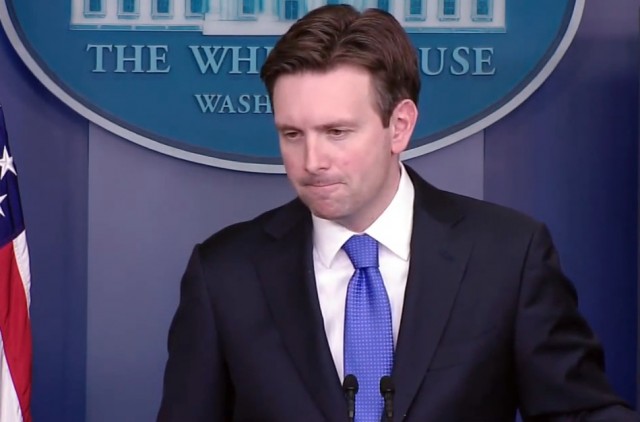
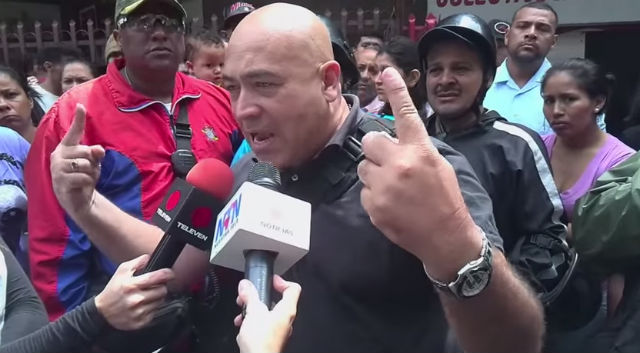
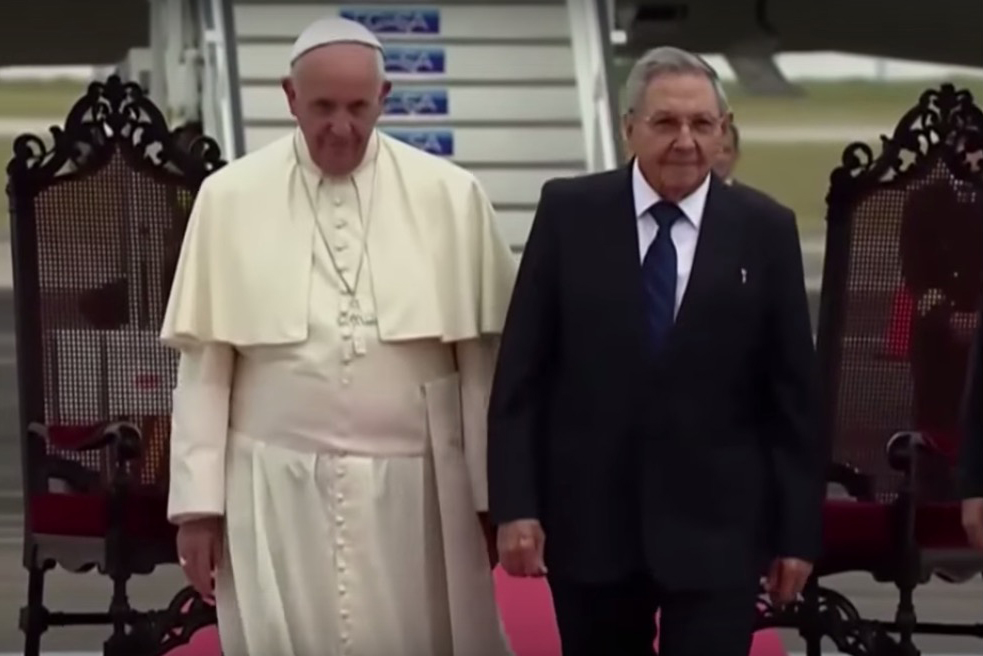
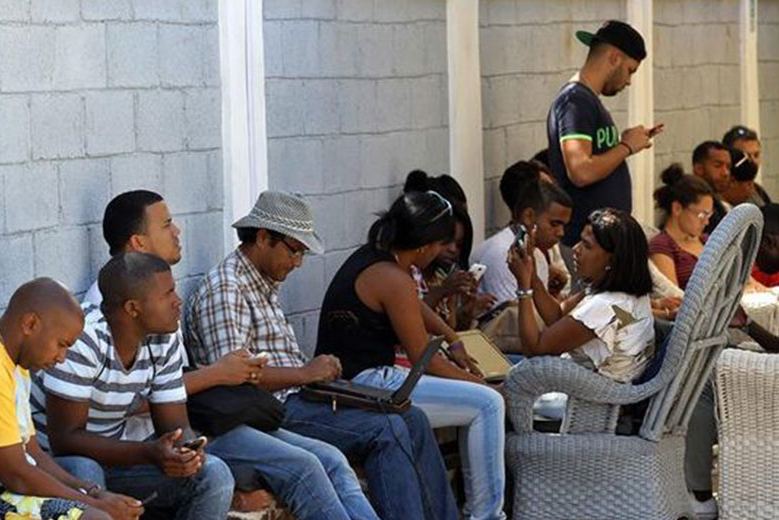
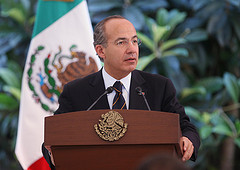
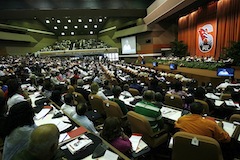
2 Comments
[…] made the comments during a two-and-a-half-hour speech to inaugurate Cuba’s Sixth Communist Party Congress, the first such meeting the island has seen for 14 years. Castro convened the Congress to discuss […]
[…] Latin America News Dispatch, Apr 22, 2011 – […]
Comments are closed.